January 7, 2021
Alex Andrews is on a mission and she’s happy to have you get in her way. She’ll ask you to join her (and you likely will) within three minutes of meeting. Practical, passionate, and purposeful, Andrews is determined to change the way contact with the legal system plunges individuals into a vicious cycle that can be and feel impossible to break. She would like to see each state fully decriminalize consensual adult sex work. While Andrews fights for this ultimate goal, she’s making allies and ensuring sex workers impacted by the legal system have the resources they need to thrive.
“Find your place,” says Andrews. She points out that the National Rifle Association (NRA) comprises only five percent of gun owners in this country. She can imagine how much more powerful sex workers would be nationwide if just five percent committed themselves to fighting for the decriminalization of their own lives and the lives of others. “We all have value. We have to agree to disagree on some of the smaller issues so that we can come together on a national level. We all want full decriminalization but in the meantime, we need to reduce the harm caused by systemic failures,” she implores. Andrews is proud to be part of a diverse community with such “a vast range of skills, talents and lived experiences.” After pulling herself out of a miserable spiral of jail, probation, court fines, and instability, she wants to support others as they do the same.
The “scar of incarceration,” is deep and painful. Andrews knows firsthand. She recalls the sound of metal doors clanging behind her, the click of handcuffs around her wrists, and the incredible uncertainty and fear that comes with arrest. “What happens next? How long do I sit here? I’m going to lose my apartment. I’m completely alone.” Andrews grew up with a supportive family but knew she couldn’t turn to them during these darkest moments. She found herself in a turbulent cycle that led to twelve arrests. She believes that because she lived in fear of another arrest and acted from this place, she continued to make bad decisions that made this fear a reality. It was hard to find stable housing, to pay her court costs, and to get out from under the thumb of predatory bonds people.
With a license in cosmetology, Andrews kept a “vanilla” job as often as she could but it wasn’t enough to pay the bills. She broke her kneecap after slipping down a flight of stairs while working in a strip club and began to escort — it was impossible to dance, cocktail, or work in a salon while she healed. She knows she is lucky to not have had any negative experiences while engaging in sex work — it was her choice and she enjoyed it but the negative consequences of criminalization continued to weigh her down.
At the age of 38, Andrews was finally free from the vortex of probation, court costs, and arrests. She recalls sitting on her patio with her husband and for the first time in so many years, feeling at peace. It took about thirty seconds for her to feel compelled to ensure others could experience that same feeling.
Naturally, she had a passion for working with individuals who were incarcerated, isolated, and stuck in the vicious cycle of the legal system. She connected with people incarcerated in Central Florida who had experienced unspeakable violence at the hands of the legal system. The letters Andrews received and conversations she had were transformational. She was overwhelmed by the extent to which people had been cut off from society and disenfranchised due to their arrests and she knew she needed to work to change the system. Andrews joined the SWOP Orlando Chapter in 2015. She had been doing this work for a while on her own and credits SWOP with giving her the language and tools to expand her advocacy.
Today, Andrews just completed her 4th year on the National Board of SWOP-USA and as a co-founder and co-executive director of SWOP Behind Bars, an organization that supports individuals who have been incarcerated. She works to “reduce the shame, discrimination, and stigma of sex work by...using [herself] as an example to demonstrate that sex workers are just like everyone else.” Andrews was reticent to be named a “DSW Hero,” citing Monica Jones, Annie Sprinkle, Margo St. James, and many others as the “true heroes,” in whose footsteps she follows. She’s about to embark on her annual trip to The Super Bowl to bail out sex workers who are wrongly arrested under the criminal legal community’s guise of fighting human trafficking.
Andrews and her team will be on the ground again, this time in Tampa, bailing individuals out. Not only will they pay sex workers’ bail, but they’ll also cover court fines and other costs — part of Andrews’ never-ending quest to prevent people from getting stuck in that vicious cycle that causes lasting trauma and instability. She and her team will prioritize trans people and people of color as they’re less likely to have other supports. They’ll also be doing outreach — know your rights presentations, safety planning for arrest and critical to Andrews, preparing individuals for what to expect should they be arrested. She wants to do what she can to prevent others from experiencing the deep uncertainty and shame she did upon arrest. Help her and her team with their on the ground efforts here: https://swopbehindbars.giv.sh/c92f
Big picture, Andrews thinks we have a “unique opportunity with the incoming administration for national work on decriminalizing consensual adult sex work.” She wants sex workers and others to come together and to work together to fight predatory laws such as SISEA (Stop Internet Sexual Exploitation Act), which would curtail free speech and infringe on sex workers’ ability to support themselves. She has ambitious goals — housing first, social supports that address the issues of instability that keep people from living comfortable, fulfilling lives. She knows they’re lofty but she’s not easily discouraged. She’s sure that if everyone fighting for the same ultimate goal — decriminalization — works together, they can achieve it. “There are so many personalities, so many skill sets … they’re all valuable and all critical to serving our community.”
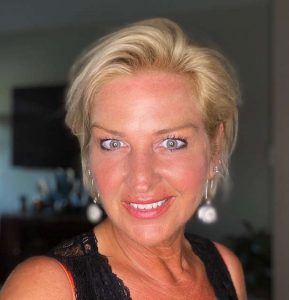
Courtesy of Alex Andrews.
DSW Newsletter #22 (January 2021)
Hero of the Month: Alex Andrews

Washtenaw County Decriminalizes Consensual Sex Work
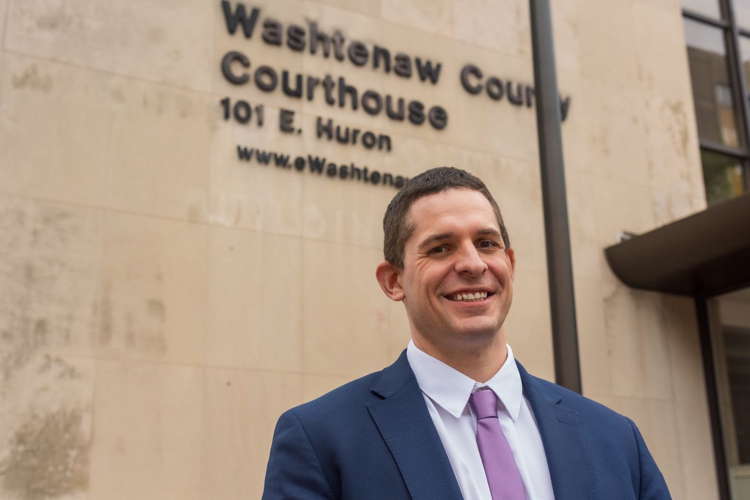
January Is Human Trafficking Awareness Month
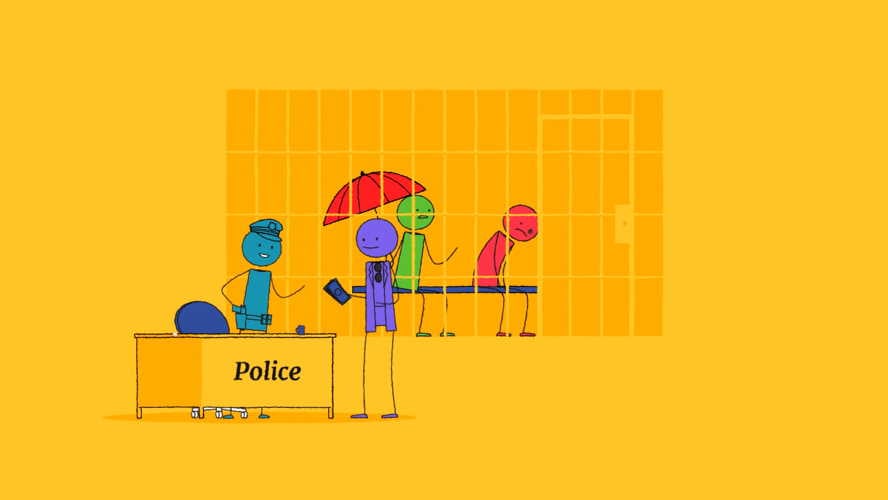
DSW Staff Share Their Expertise
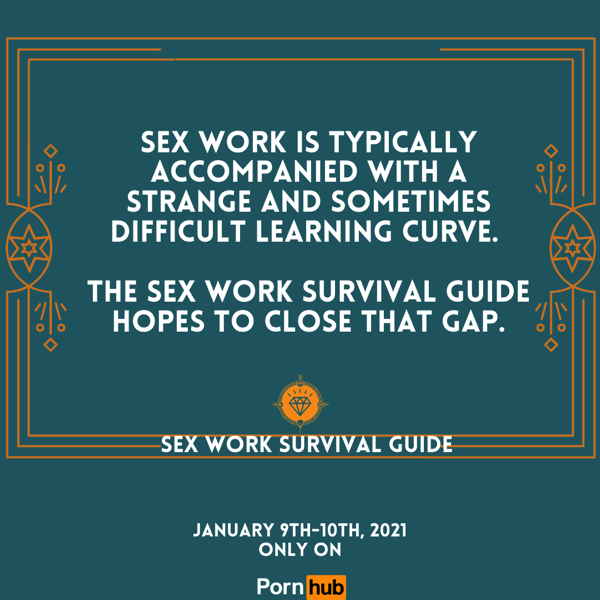
Mark Your Calendars for January 29
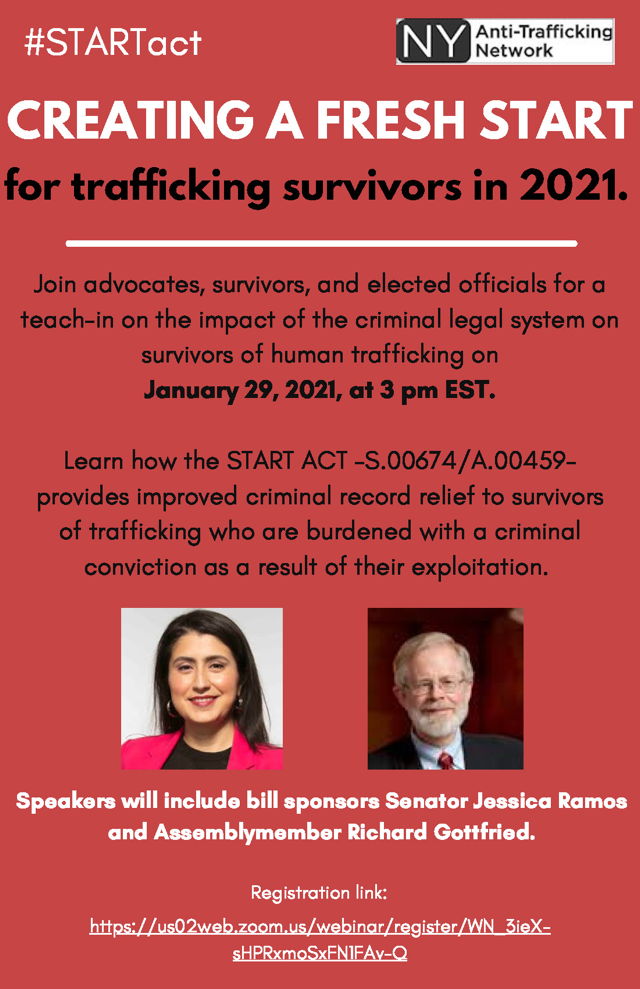
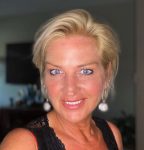 Hero of the Month: Alex Andrews
Hero of the Month: Alex Andrews
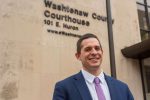 Washtenaw County Decriminalizes Consensual Sex Work
Washtenaw County Decriminalizes Consensual Sex Work
 January Is Human Trafficking Awareness Month
January Is Human Trafficking Awareness Month
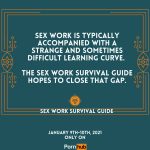 DSW Staff Share Their Expertise
DSW Staff Share Their Expertise
 Mark Your Calendars for January 29
Mark Your Calendars for January 29
